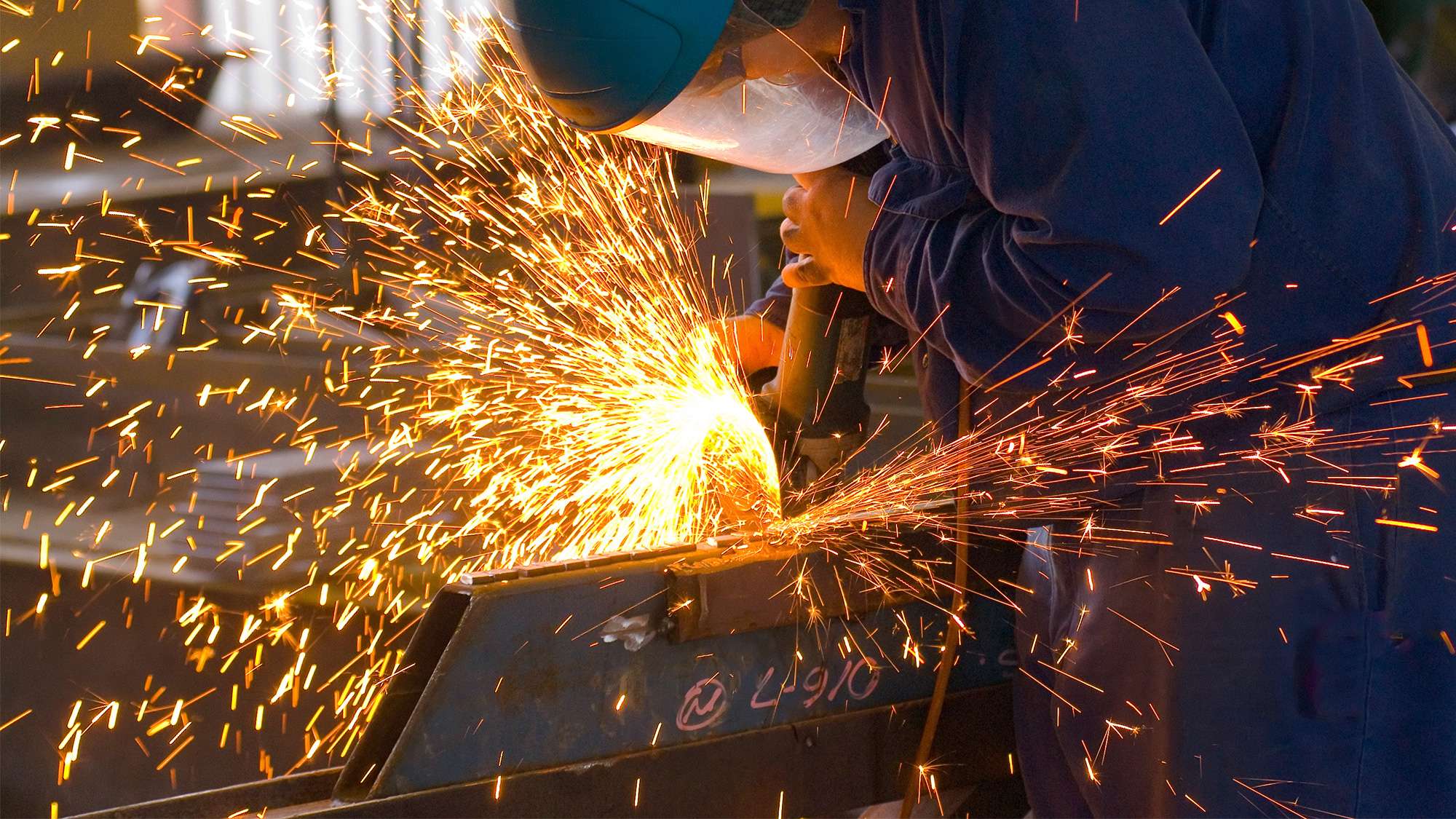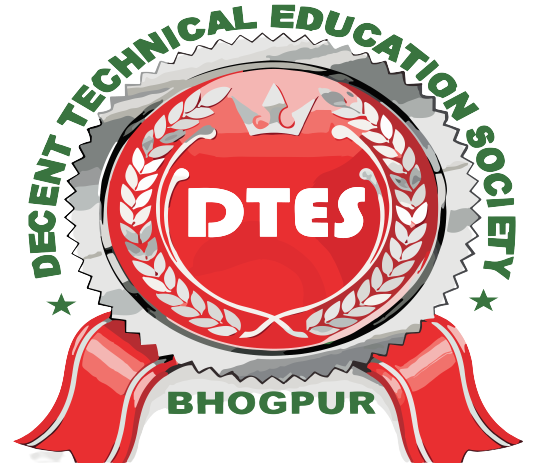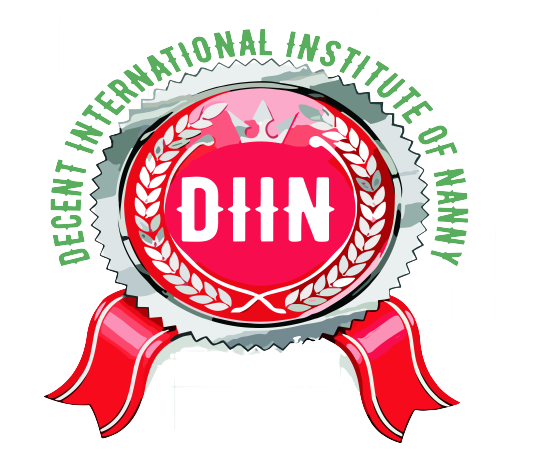-
Call Anytime +91 9888120045
-
Send Email dtes.bhogpur@gmail.com
-
Adampur Chowk Near Railway Fatak
Bhogpur District Jalandhar Pb.
Diploma in Welding

Diploma in Welding
introduction:
The Diploma in Welding is a comprehensive and specialized program designed for individuals seeking to master the art and science of welding. This course provides a structured curriculum that covers a wide range of welding techniques, safety protocols, and industry-relevant skills, preparing students for a successful career in the ever-evolving field of metal fabrication.
Course Overview:
The Diploma in Welding is a dynamic program that combines theoretical knowledge with hands-on practical training. Students delve into the fundamentals of metallurgy, welding processes, and welding equipment, gaining a deep understanding of the materials they will be working with. The curriculum is carefully crafted to cover various welding techniques, such as arc welding, gas welding, TIG welding, MIG welding, and more.
Key Components:
Theory and Fundamentals:
- Students start by building a solid foundation in the theoretical aspects of welding. They learn about the properties of different metals, the science behind welding, and the principles governing heat and metal fusion.
Hands-on Practical Training:
- The core of the program revolves around hands-on training in well-equipped workshops. Under the guidance of experienced instructors, students practice welding techniques using state-of-the-art welding equipment. This practical experience ensures that they are well-prepared for real-world welding scenarios.
Safety Protocols:
- Safety is paramount in the welding profession. The course emphasizes the importance of safety protocols and provides extensive training on handling welding equipment, protective gear, and understanding potential hazards in a welding environment.
Welding Inspection and Quality Control:
- Students are introduced to the critical aspects of welding inspection and quality control. They learn how to assess welds for structural integrity, aesthetics, and compliance with industry standards.
Advanced Welding Techniques:
- As the course progresses, students explore advanced welding techniques, including underwater welding, robotic welding, and specialized welding for specific industries. This exposure ensures that graduates are versatile and ready to take on diverse challenges in the welding profession.
Industry-Relevant Skills:
- The program is designed in collaboration with industry experts, ensuring that students acquire skills that are in high demand in the job market. From blueprint reading to project management, graduates emerge with a well-rounded skill set that positions them as valuable assets to employers.
Career Prospects:
Upon successful completion of the Diploma in Welding, graduates can pursue a variety of career paths in industries such as manufacturing, construction, automotive, aerospace, and more. Potential job roles include Welding Technician, Fabricator, Welding Inspector, Welding Engineer, and even entrepreneurial opportunities for those interested in starting their own welding business.
Conclusion:
The Diploma in Welding is a gateway to a rewarding career in the field of metal fusion. It equips students with the knowledge, skills, and confidence needed to excel in a profession that plays a crucial role in shaping the infrastructure and industries around the world. With a blend of theoretical understanding and practical expertise, graduates are poised to make a significant impact in the dynamic and ever-expanding field of welding.

